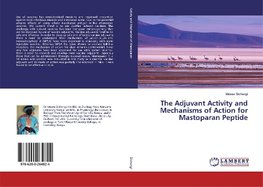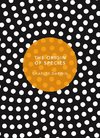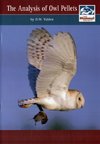
-
 Anglický jazyk
Anglický jazyk
The Adjuvant Activity and Mechanisms of Action for Mastoparan Peptide
Autor: Moses Sichangi
Use of vaccines has revolutionized medicine and improved prevention against most infectious diseases and eliminated some. Due to the potential adverse effects of using whole inactivated antigen or live attenuated vaccines, the current trend is to use purified... Viac o knihe
Na objednávku, dodanie 2-4 týždne
71.19 €
bežná cena: 79.10 €
O knihe
Use of vaccines has revolutionized medicine and improved prevention against most infectious diseases and eliminated some. Due to the potential adverse effects of using whole inactivated antigen or live attenuated vaccines, the current trend is to use purified subunit vaccines. The challenge with subunit vaccines has been the poor immunogenicity that can be improved by use of vaccine adjuvants. Vaccine adjuvants need to be safe and effective. In order to develop safe and effective vaccine adjuvants there is need to understand their mechanisms of action. Alum and monophosphoryl A (MPLA) have been approved as adjuvants with some injectable vaccines. Whereas MPLA has been shown to activate toll like receptors, the mechanism of action for alum remains controversial. Since very few adjuvants have been approved for use with human vaccines, there is need to research and develop more vaccine adjuvants, especially those that can be administered through mucosal routes. Mastoparan 7, a 14 amino acid peptide was evaluated in this study as a mucosal vaccine adjuvant and its mode of action was partially characterized in mice. It was found to be effective in mice.
- Vydavateľstvo: LAP LAMBERT Academic Publishing
- Rok vydania: 2019
- Formát: Paperback
- Rozmer: 220 x 150 mm
- Jazyk: Anglický jazyk
- ISBN: 9786200264824












